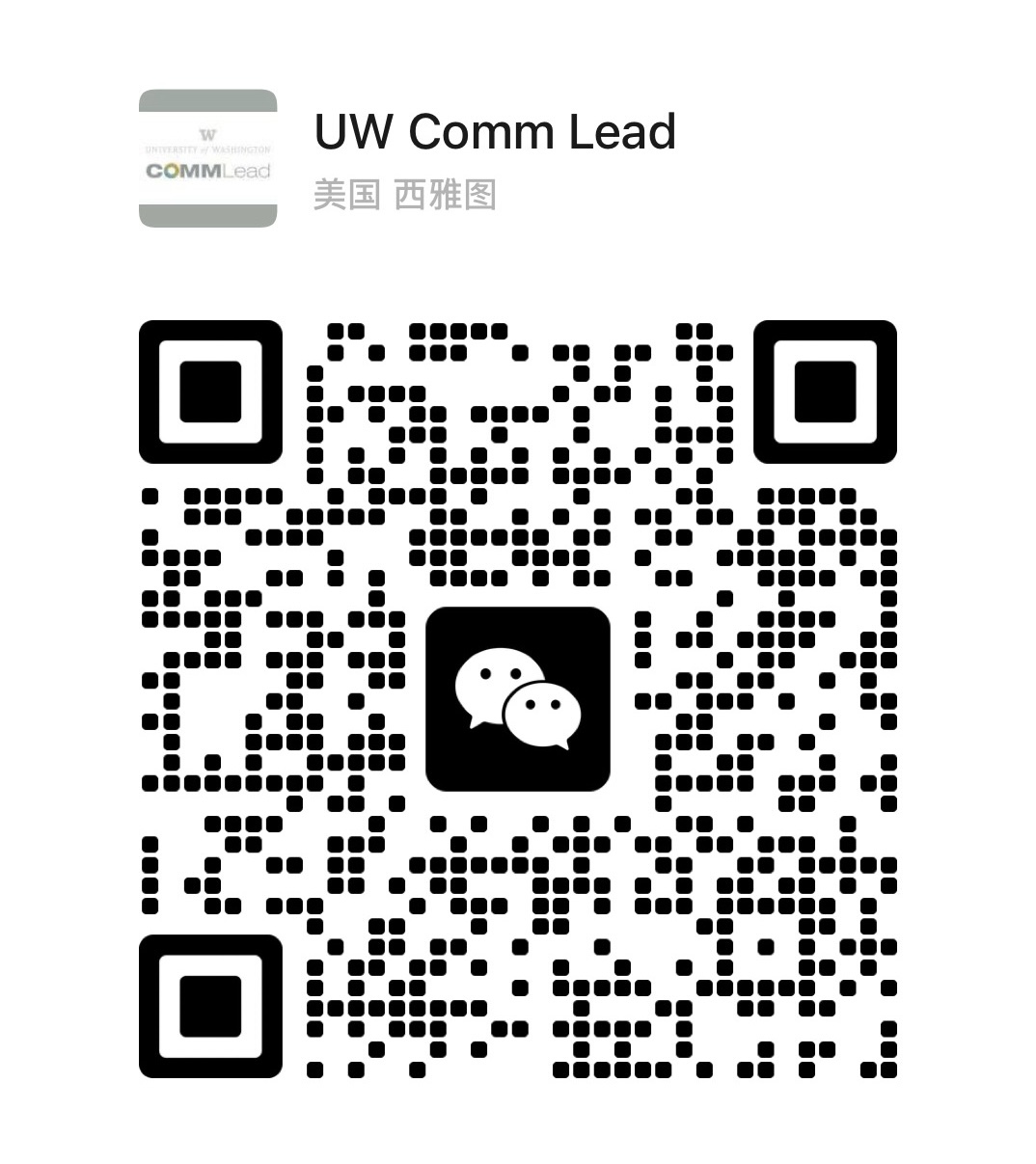Course Description:
Thought leaders such as founders of organizations, researchers and journalists produce ideas that help shape critical conversations. This course examines how ideas produced by thought leaders and public intellectuals in different fields are structured, and what makes these ideas resonate–or not resonate–with audiences. What type of communication techniques these thought leaders develop that result in the impact of their ideas in public discussion? In doing so, the course hopes to train the students as thought leaders by introducing students to both practical and analytical skills necessary to become such a figure. Throughout the quarter, each student, at least once, will facilitate a conversation in class about an idea produced by a key thought leader or public intellectual – designing an activity to engage crowds. Each student will also prepare a short public talk on a topic related to the class theme of communities and networks. In addition to preparing the talk, students will prepare written proposal for an article or a book based on their idea and will conduct research on the topic of their presentation.
This quarter we will survey key discussions about communities and networks. Today, both organizations and political actors are thinking deeply about the structure and value of contemporary communities and the power of online and offline networks both locally and globally. In order to determine key texts and ideas about this topic, I distributed a survey to key thought leaders, professionals and scholars in my own network soliciting their recommendations of recent discussions on this topic. The ideas we examine in class will be partly based on these recommendations and will include key books, popular and academic articles and talks on this subject by leading thought leaders and public scholars.

 University of Washington
University of Washington